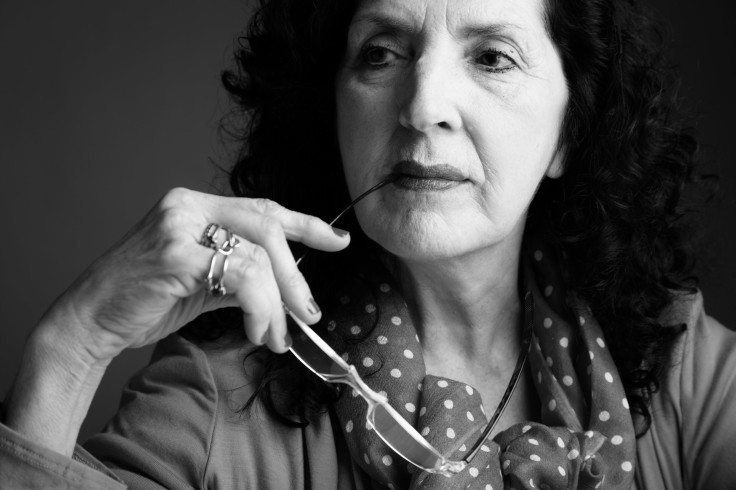A Natural Key To Immortality? A Chemical Made By Young Cells May 'Trick' Older Cells Into Thinking Young

In the search to transcend human mortality, some say the penultimate payoff to longevity research would be simple lifespan extensions. Toward that goal, Harvard Medical School professor David Sinclair says his research team has found an age-reversing effect on older cells exposed to a chemical made by younger cells.
In experiments on laboratory mice, Sinclair and his colleagues observed the rejuvenating effect of the chemical compound NAD after just one week. Two-year-old mice given the “treatment” came to appear much younger, comparable to a 6-month-old. The chemical appeared to help reverse the cellular aging of the mice, a process caused by a loss of oxygen. Like klieg lights clicking off after the evening’s show, lowering levels of cellular oxygen degrade mitochondrial ability to convert glucose into energy. Eventually, the cells and the organism just shut down altogether.
However, NAD may offer a reprieve. Sinclair says medical science knows levels of the compound drop by 50 percent as humans and other mammals age. Somehow, a confluence of problems confront the aging animal as lowering NAD levels correspond to faltering communication between the cell and its mitochondrial source of energy--now more susceptible to inflammation, muscle deterioration, and a slowed metabolism.
By boosting levels of NAD, Sinclair says science may effectively fool mother nature, leaving the individual cell “thinking” its young again. “When we give the molecule, the cells think oxygen levels are normal and everything revs back up again,” he told Time.
However, Sinclair stopped short of hailing NAD as the panacea to cure humanity of the human condition. With experience investigating the longevity effects of the red-wine compound resveratrol, the medical scientist make any sweeping declarations about the end of history, or humanity.
“I wouldn’t take it that far,” Sinclair said. “What makes reversing aging interesting is that it could buy more time than we are currently looking at.”
In further study, the team plans to expose mice to NAD in drinking water with the intention of isolating whether the compound helps prevent chronic diseases linked to aging, such as cancer and diabetes. Such work may prove interesting to the world of oncology, as investigators study the neurological pathways involved in the effect.
Moreover, Sinclair believes the natural essence of NAD may prove more acceptable for use in future longevity treatments. Whereas the body might reject foreign compounds, NAD might find rapid acceptance.
“If a body is slowly falling apart and losing the ability to regulate itself effectively, we can get it back on track to what it was in its 20s and 30s,” Sinclair said.



























